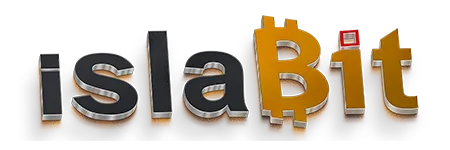In recent days, many people in Hungary have reported erroneous charges to their bank accounts, affecting most of the country’s banks. Those affected have seen small, repetitive transfers to their accounts, causing concern and confusion.
One of the cases is that of a user who had almost $1,500 USD withdrawn in 74 consecutive quick transactions. This issue has led to a large number of requests for help from Hungarian banks, which are overwhelmed trying to assist their customers and resolve the issue.
Early media reports in Hungary indicate that the issue could be related to Apple Pay. Hungary’s OTP Bank reported “massive and unjustified debits” on cards from several banks and said they are investigating to better understand what happened. In addition, Raiffeisen bank posted a message on its website indicating that Apple is aware of the problem and working to fix it.
We inform our customers that due to a technical issue with a third-party partner, the Apple App Store may have incorrectly charged some of our customers’ bank cards. We are in contact with Apple and the issue is being resolved.
Explained Raiffeisen.
Some users have identified that the erroneous charges appear to be linked to previously canceled subscriptions and that certain amounts coincide with previous transactions. Given this situation, some customers have contacted their banks to block their cards and avoid further charges while the problem is resolved.
These facts highlight the importance of a quick and effective response by the entities involved when technical problems that affect consumers arise. Affected users expect a prompt resolution and, in many cases, have taken other preventative measures, such as constantly monitoring their accounts and communicating closely with their banks to ensure that no new unauthorized charges occur.
In the meantime, collaboration between Hungarian banks and Apple will be needed to fully resolve this issue and restore user confidence in the security of electronic transactions and digital financial services. In addition, of course, to refund the money for said erroneous bank charges.

